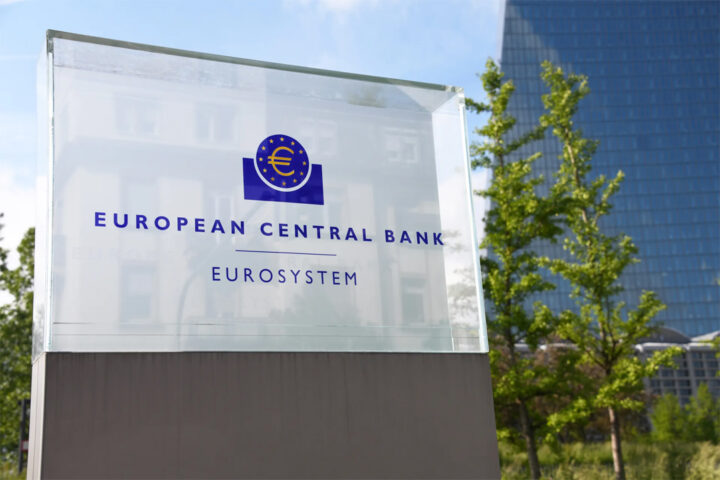By Craig Erlam
A slightly positive start to trading on Thursday, as traders eye ECB minutes early afternoon and the start of the Jackson Hole Symposium.
The minutes will likely provide further detail on the reasoning behind a more aggressive start to tightening than the central bank had communicated to the markets, and perhaps provide further insight into what we can expect at the upcoming meeting.
The issue with its decision was not that it was wrong to hike by so much; rather it was just poorly communicated. And if the central bank wants to offer guidance, it needs to be reliable or it will become ineffective. Another 50 basis point hike is now expected in September.
Is 1 trillion yuan enough?
China announced a trillion yuan stimulus plan overnight and investors were not particularly blown away. That may seem odd given the “trillion” number, but that’s a reflection of the severity of the headwinds facing the economy at the moment and the consequences of a zero-Covid policy.
The stimulus was largely targeted at infrastructure spend, but the view seems to be that this will not be as effective as in the past. The property sector is still experiencing distress and confidence has been shaken.
Lockdowns have further undermined confidence and made hitting the 5.5% growth target all but impossible. It’s going to take something much bolder to repair the damage and as it stands, a cautious approach to monetary and fiscal policy is all there.
BoK continues tightening
The Bank of Korea continued raising interest rates Thursday, hiking the base rate by 25bp to 2.5%, in line with the consensus. It’s unlikely to be the final action this year, with the central bank raising its inflation forecasts for this year and next to 5.2% and 3.7%, respectively, while revising down growth in the same period to 2.6% and 2.1%.
Given the desire to avoid inflation becoming entrenched, a further 25bp hike is expected in October, although much could change in that time.
Germany heading for recession
Germany squeezed out a tiny amount of growth in the second quarter, the final Q2 reading showed Thursday. The economy grew 0.1%, revised up from 0% previously. Finding it difficult to be optimistic, in reality, it just means the economy may take a little longer to fall into recession.
The German IFO business climate didn’t make for much better reading, falling again to 88.5 – the lowest since mid-2020 – with both current assessment and expectations weak.
With the energy crisis unlikely to improve, this means another quarter of flat growth at best before the economy falls into recession later this year.
Saudi Arabia talks up oil
Brent crude is back above $100 on Thursday, following the verbal intervention from Saudi Arabia this week.
The suggestion that the price did not align with fundamentals and that OPEC+ could cut output has clearly had the desired effect. It may also make the chance of a move back below $90 in the near-term hard to come by unless a nuclear deal is agreed upon and OPEC+’s appetite for cuts put to the test.
Welcome reprieve for gold
Gold is enjoying some reprieve Thursday as risk appetite has improved and the dollar pared its recent gains.
Slightly lower yields in the US will be welcomed after a period of creeping higher, piling the pressure on the yellow metal that at one point had its sights set on $1,800. It’s heading in that direction again, but given the recent trend, it may face strong resistance along the way.
Bitcoin missing out
Bitcoin appears to be missing out on the risk rebound Thursday, recording no gains so far in the session and instead treading water.
There may still be some nerves after last week’s plunge, with $20,000 looking particularly vulnerable once more. A break below could quickly see sentiment turn against crypto after an encouraging recovery since mid-June.
Craig Erlam is Senior Market Analyst, UK & EMEA at OANDA
Opinions are the author’s, not necessarily that of OANDA Global Corporation or any of its affiliates, subsidiaries, officers or directors. Leveraged trading is high risk and not suitable for all. Losses can exceed investments.







